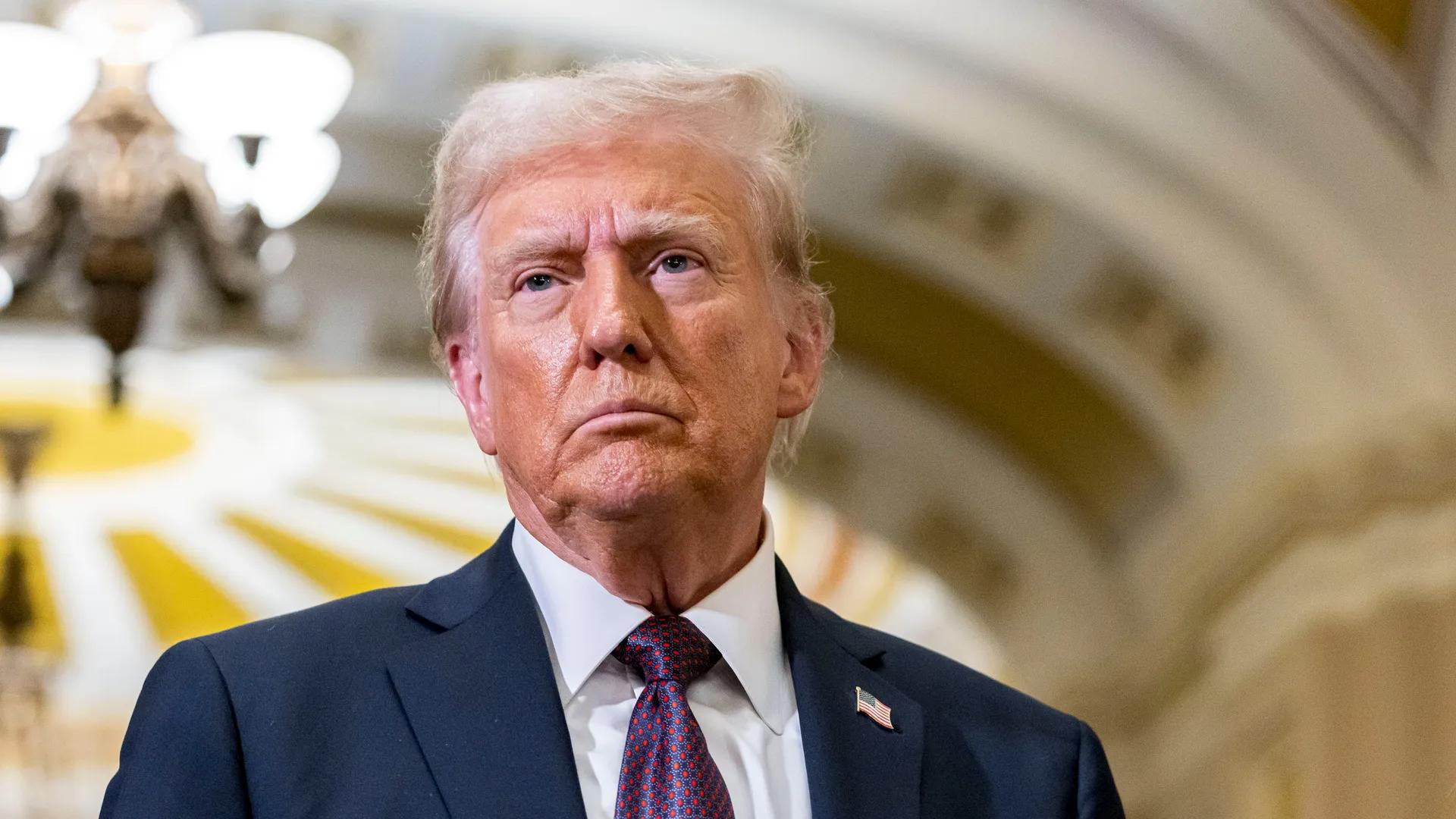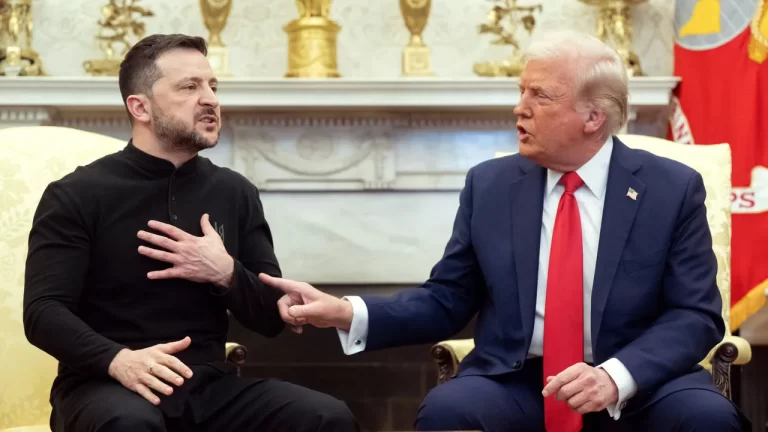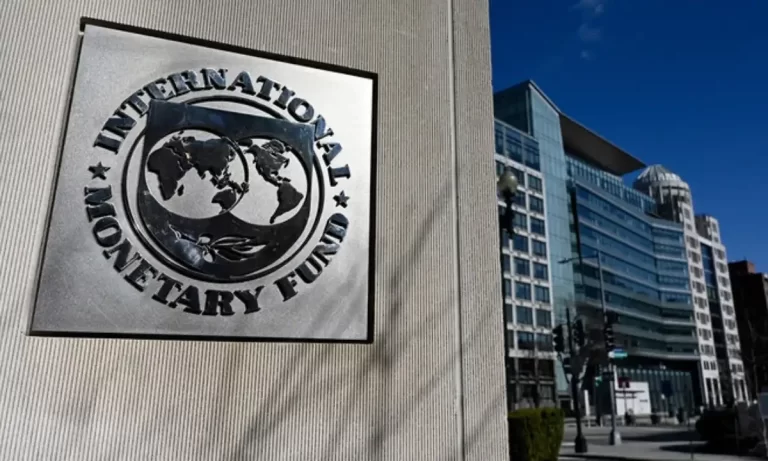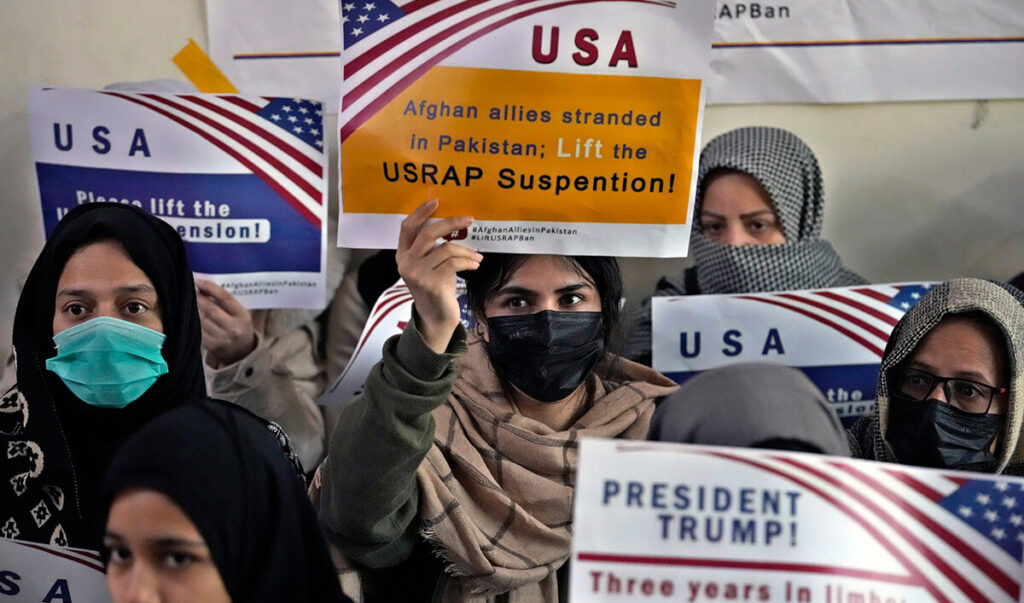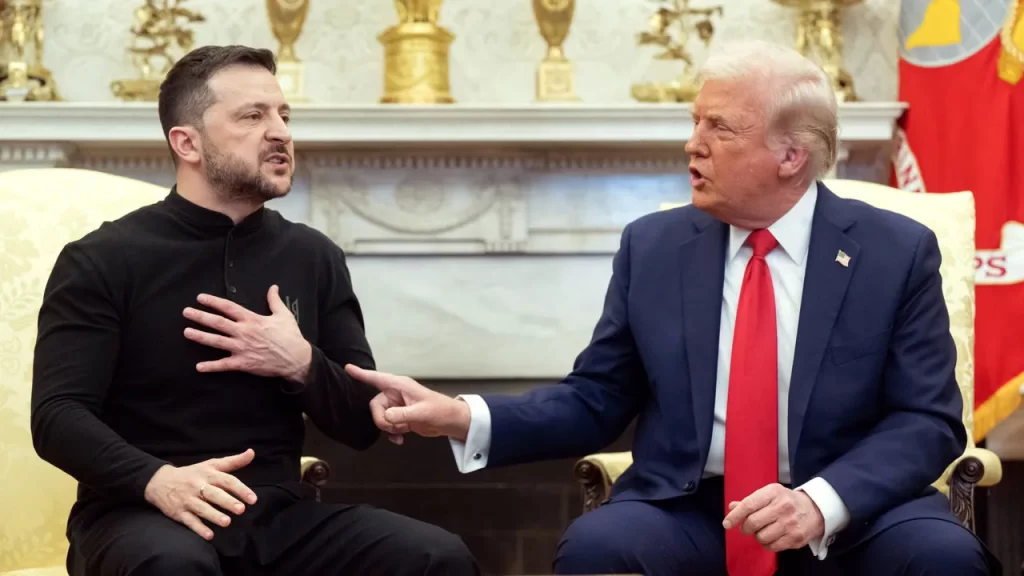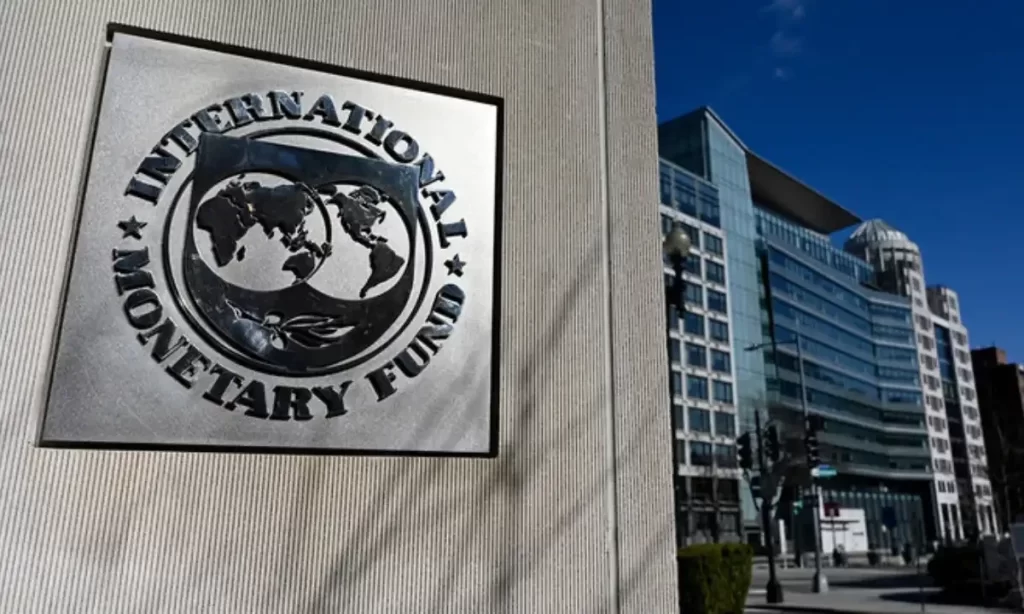Republicans propose reacquiring the Panama Canal amid concerns over China’s growing influence in the region
House Republicans have proposed the Panama Canal repurchase act. The bill seeks to authorize the president to negotiate with Panama to reacquire the canal, citing China’s rising influence as a major concern.
China’s influence raises alarms
Republican lawmakers argue that China’s growing control over Panama’s infrastructure threatens U.S. interests. They stress that Chinese companies manage key ports at both ends of the canal. This raises concerns about potential economic and strategic dominance in the region.
Panama asserts sovereignty
Panama strongly rejects claims of Chinese military presence near the canal. President José Raúl Mulino insists that the canal belongs solely to Panamanians. He ruled out any discussions on ceding control to the U.S., stating, “The canal is Panamanian and will remain so.”
Historical and strategic importance
The U.S. built the Panama Canal in 1914 and managed it until 1999, when it transferred ownership to Panama under the Torrijos-Carter Treaties. Today, the canal handles over 70% of its vessel traffic from or to U.S. ports. Lawmakers backing the bill believe regaining control could strengthen national security and trade.
Legislative challenges ahead
The bill has support from prominent Republican lawmakers, including Representatives Dusty Johnson and Mike Collins. However, it faces opposition from Democrats and Panama’s leadership. Critics argue that the proposal undermines Panama’s sovereignty and could strain international relations.
Conclusion
The Panama Canal Repurchase Act reflects growing concerns over global power dynamics and security risks in Latin America. As debates continue, the U.S. faces critical decisions about balancing diplomacy, security, and regional partnerships.

